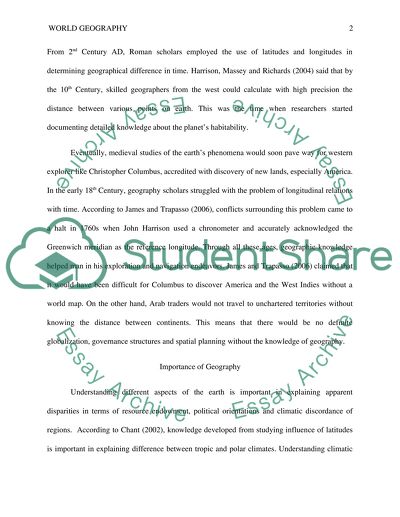Cite this document
(“World Geography Essay Example | Topics and Well Written Essays - 1000 words”, n.d.)
World Geography Essay Example | Topics and Well Written Essays - 1000 words. Retrieved from https://studentshare.org/geography/1631822-world-geography
World Geography Essay Example | Topics and Well Written Essays - 1000 words. Retrieved from https://studentshare.org/geography/1631822-world-geography
(World Geography Essay Example | Topics and Well Written Essays - 1000 Words)
World Geography Essay Example | Topics and Well Written Essays - 1000 Words. https://studentshare.org/geography/1631822-world-geography.
World Geography Essay Example | Topics and Well Written Essays - 1000 Words. https://studentshare.org/geography/1631822-world-geography.
“World Geography Essay Example | Topics and Well Written Essays - 1000 Words”, n.d. https://studentshare.org/geography/1631822-world-geography.


